ECU Tuning and Remapping
All modern vehicles are controlled electronically by a complex control unit commonly referred to as the ECU. In fact, there are multiple control units "running" your car which all communicate to provide the data analysed from various sensors for the main ECU to further analyse and apply the programmed response.
The ECU is loaded with the manufacturer’s calibration (tuning file) from the factory which can be modified to change the characteristics of how the engine runs. For example, the ECU controls the injectors and the amount of fuel injected in the closed loop cycle can be adjusted by the ECU within the parameters programmed.
Directly modifying this calibration file can greatly improve how the vehicle responds and performs. Modifying the relevant calibrations is what we do when we tune a car, commonly referred to as remapping.
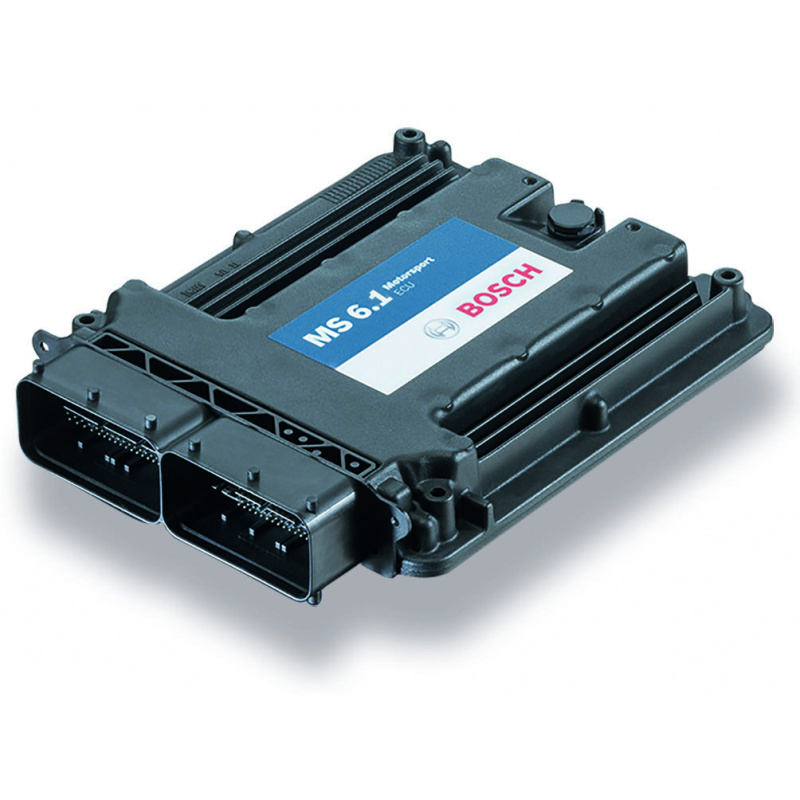
Engine Recalibrations Done Right
We've been developing automotive engine recalibrations since 2004. Why settle for a second rate "remap" when you can have a tried and tested recalibration from Llandow Tuning? All our services come with a warranty and are fully tested here in Wales and at our R&D Partner in Denmark.The Manufacturers Presepective
When a manufacturer develops a vehicle, they test and develop the corresponding software to control the engine.
They have to consider performance, reliability and fuel economy and the engine has to be able to run efficiently on a wide range of variables including fuel quality and climate changes. Then they have to account for the red tape and legislation particularly emissions rules (which can be problematic, as VW have discovered!).
Because manufacturers must meet so many variables in the multiple locations that they sell their vehicles, the tuning calibrations they create for an engine tend to have to contain various compromises to make it tick as many boxes as possible with the one variant. This means that there is always room for improvement where the constraints are lessened.
The Llandow Approach
Naturally when you can focus on creating a calibration based purely on optimal performance and efficiency, it is possible to get a much better result than the original calibration which was restrained by so much red tape.
When we approach a tuning calibration, we are able to focus on finding the optimal settings to get a perfect balance of performance, power and engine efficiency.
A common example of poorly done tuning is calibrations where power has been created by dumping a 30% increase in fuel injection. This makes the car appear fast because there is more fuel but in reality, this is not efficient and is causing over fuelling which has consequences. Another common example is on turbo vehicles where the boost data is simply modified to make the car boost sooner giving an appearance of more power but again actually rather inefficient.
Our calibrations involve properly modifying the whole calibration so that everything works together to efficiently create more performance.
What are the Benefits?
When a quality remap/recalibration is installed in your vehicle, you will experience some amazing benefits.Increased Performance
You will see a 5% to 30% increase in BHP (Brake Horse Power) with a Stage 1 Remap, even more with a Stage 1 + or Stage 2.
More Responsive
With a sharper throttle reaction and more efficient gear changes, drivers will notice how much more responsive the car feels.
Smoother Power
Customers will notice much smoother power delivery, meaning less gear changes are needed improving efficiency further.
Improved Acceleration
That brilliant feeling of being able to overtake promptly. Even minor adjustments make a big improvement to how quickly the car accelerates.
Improved Fuel Consumption
Efficient tuning improves fuel economy although of course how much this is improved is somewhat affected by driver style.
More Torque
More torque means that you can drive at a lower RPM (revolutions per minute) in higher gears which improves fuel economy (and is great for towing).
What is Stage 1, Stage 2, Stage 3 etc?
Knowing when to stop is more important than going too far, unless you want a blown engine or turbo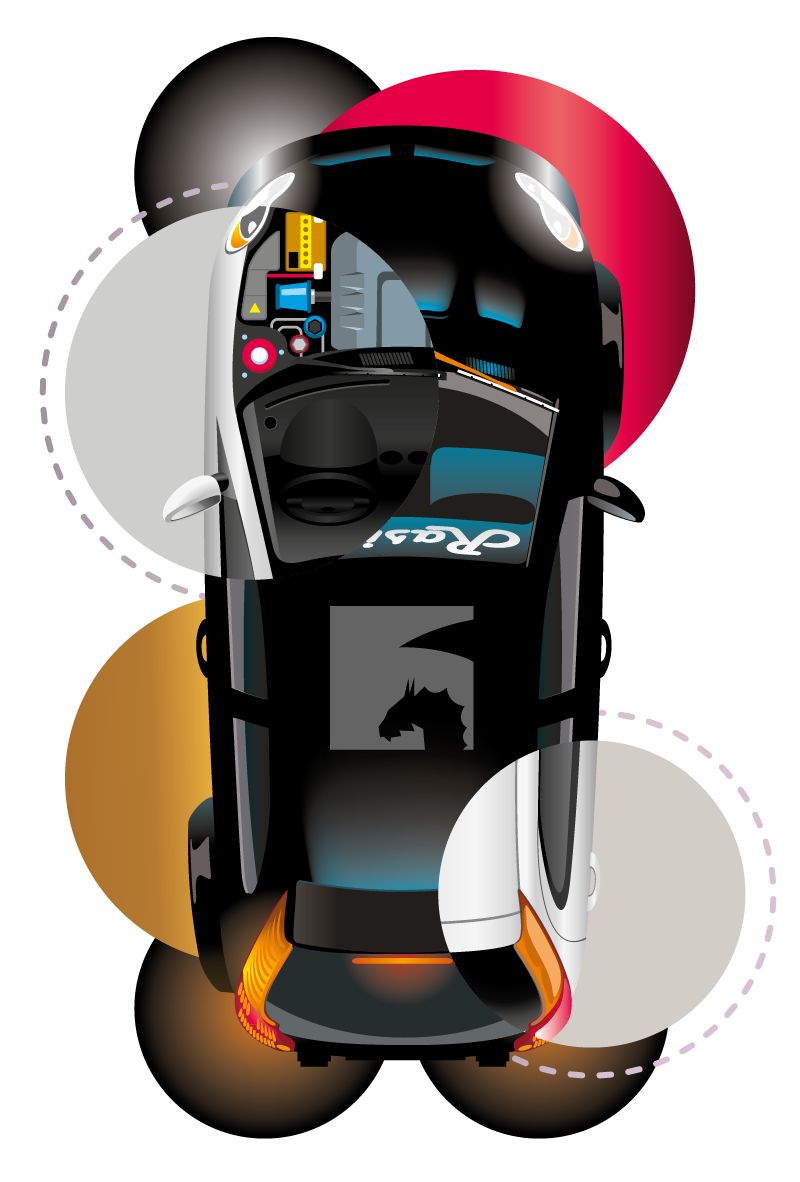
You can only go so far with the vehicle in original condition. Stock engine internals are only rated to function within certain parameters, standard induction systems can only provide so much air (and often insufficiently cooled for major increases), original fuelling systems are rarely suitable for any significant generation of higher fuel pressure or better injection. This is just the beginning of things to consider when expecting more from your vehicle. What about the gearbox, is it rated to cope with the extra torque you want from it?
It is therefore important to choose a responsible tuning company (like ourselves) that will only apply changes that are within safe parameters, tried and tested to be suitable for your vehicle just the way it is.
Of course, there is always plenty of scope to uprate the vehicle from standard, then the power boundaries can be pushed a lot harder!
If you want more than a "remap" then you need to consider what we call Stage 1+, Stage 2, and so on.
When you hear of a tuner blowing up a car engine, assuming that they at least know a little about what they are doing (which thinking about it, is a common problem also) they tend to push the envelope becuase customers tell them their friends car can get XYZ from the same engine. It is a sure way to blow the engine up.
Stage 1 Remap / Recalibration
Stage 1 Tuning is completly safe for stock vehicle. On a modern vehicle the engine ECU is reclaibrated to make the most of the vehicle.
The Critical point is, you can always get more power from a remap, but how safe is it? The reason a stage 1 remap has lower power than a stage 1.5 is the fact tuning the engine too much will clearly do damage, knock, EGT etcStage 1+ (Stage 1.5) Remap / Recalibration
A typical stage 1+ or 1.5 map takes the vehicle out of its very safe zone in to an area where you can get more power with very little modiciation but clearly on the basis that you need to service the engine more. Common sense
Stage 2 Remap / Recalibration
When you change the air filter, intercooler, exhaust etc you can obtain Stage 2 figires. Each vehicle is different but bascially you want to get a cooler charge temperate and cooler exhaust temps thus enabling more power to be added, perhaps through overboost.
Stage 3 Remap / Recalibration
Anything Stage 3 or higher really means BESPOKE. We tend to call Stage 3 anything over Stage 2 and will mean completly different things between different engines and tuners. Typically we'd expect to see a different turbo, larger injectors plus the Stage 2 modifcations
Diesel Vehicle Tuning
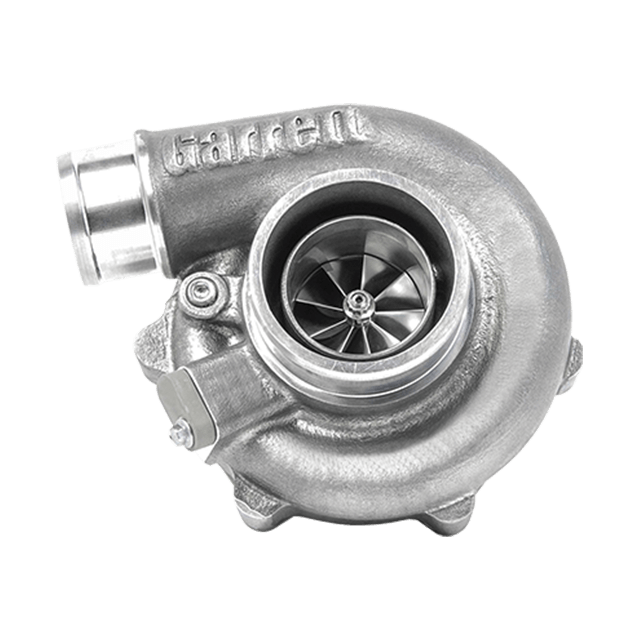
Turbo Charging Modifications (Stage 1)
Nearly all modern diesel engines have a turbocharger, some even have twin, tri or quad turbochargers. The idea of a turbocharger is to increase the power per engine cycle by improving the density of intake air. The turbocharger compresses the air so that it enters the intake manifold at a greater pressure. The amount of air forced into the engine is referred to as boost pressure. Engine strength and knocking (extreme combustion) limit what can be achieved by turbo boost. However, stock (out of the factory settings) boost pressure is normally heavily restricted so there’s plenty of scope for some improvement on this front.
Boost pressure can be adjusted by changing the settings on the bypass valve for the amount of exhaust gases passing through the turbocharger. The valve is opened when the programmed boost level is reached, allowing the exhaust gases to flow without going through the turbocharger preventing further rising boost. Most turbochargers have an actuator valve, whereas higher power or uprated units often have a wastegate valve. When the amount of forced air is increased, the explosive force is increased, increasing engine output.
Increasing Boost from a Turbo sounds simple. But there are a number of issues
- Overboost - What effect will overboosting the turbo have on the turbo and the other systems like intercooler
- EGT - If the injection tables have been modified, will it cook the turbo?
- Turbo Compressor Chart - It is vital the turbo compressor chart is examined, that way we know how much boost the turbo can make based on the displacment of the engine and RPM. There is no point setting the turbo to boost to a level if it cannot ever get to that level
- Is the Intercooler big enough? If it isn't then charge temps will be too high and you might get pre ignition when you really don't want it
- Will more boost create more lag? Yer the dyno might say you have more power, but will that mean it is faster in the real world?
- Can the charge pipes take an increase in pressure?
Turbo Charging Modifications (Stage 2)
When you want more power you need more air. Seen black some from a disel after a tune? It is caused by not enough air. Quite simply they need a larger turbo. Too much black smoke is going to reduce engine life as it will increase EGT temps and of course that will result in melted pistons at some point.
- Hybrid Turbos - I.e. where you modify an exisiting turbo with parts from another turbo
- Larger Turbos - As you can imagine it will increase boost
- Larger Intercoolers - The charge temps must be kept low
- Ait to Water Intercoolers - Reduce Lag and Improve Cooling. There is a reason it's used in all the highest power cars
- Water / Meth Injection - Works as anti knock tool and also helps reduce temps
- NOS - Well if you need more O2, sometimes a turbo isn't enough
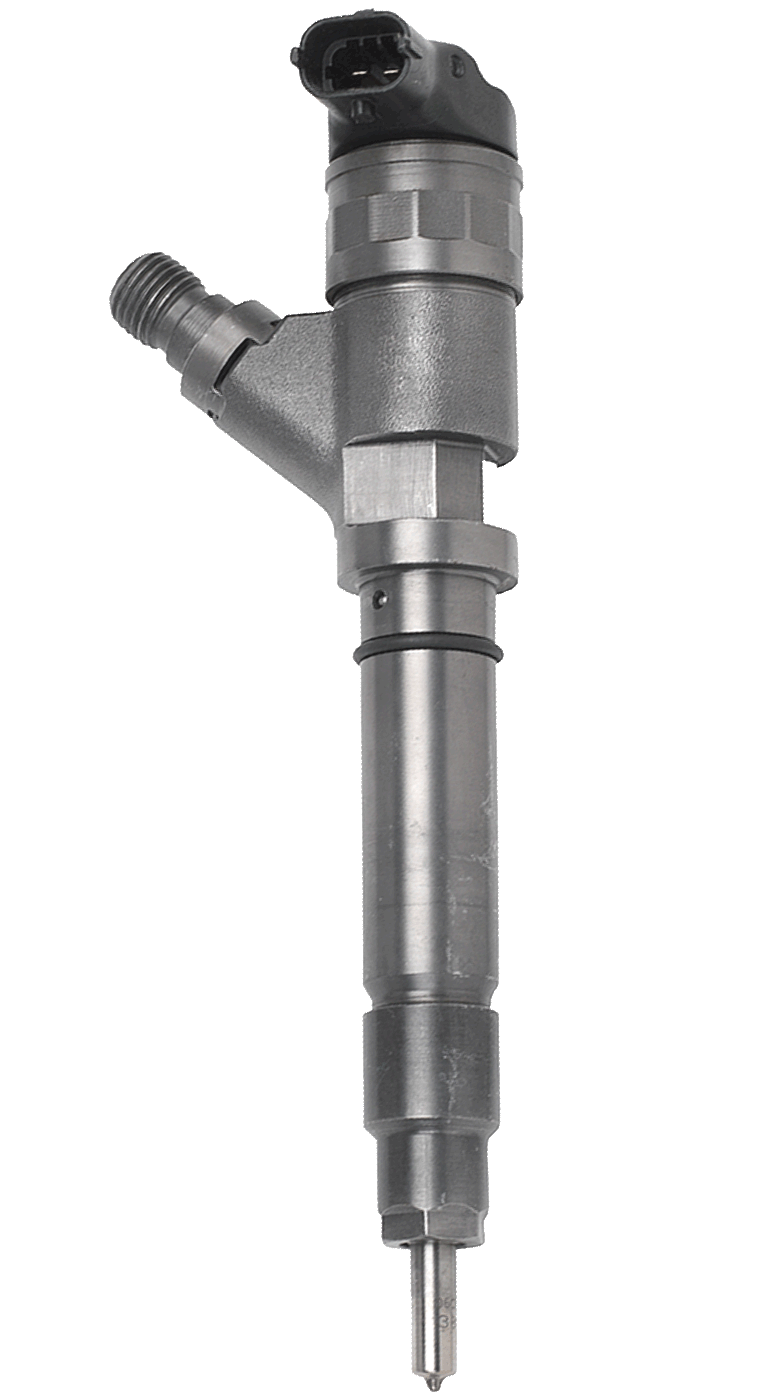
Fuel Managment Modifcations (Stage 1)
Fuel management will also be adjusted during diesel tuning. There is a perfect air to fuel ratio to be achieved.
Fuel management controls the injectors so that the right amount of fuel is injected for the amount of air present. The ECU uses data from the mass air flow meter and O2 sensors to calculate and compare data in line with the stored programming.
By using live data on the rolling road with an air fuel gauge and data logger we can record various parameters under the adjusted boost conditions to create the necessary fuelling adjustments for a perfect balance and optimal performance.
With a diesel the fuel is injected near the end of the compression stroke (when the air is greatly compressed) leading to a short lag before combustion starts which means that there is fuel in the chamber that will ignite prior to the combustion. This causes that distinctive diesel knock and clatter which is more or less unavoidable. Diesel knock is not due to unstable combustion like petrol engines and is to be expected although great efforts are made to minimise the noise.
The most common things we modify when altering the fueling maps are:-
- Rail Fuel Pressure
- Injection Duration
- Start of Injection
Fuel Managment Modifcations (Stage 2 and 3)
Typical modifications for any Stage 2 or 3 Recalibration would possible include:-
- Bigger Injectors or Bigger Nozzles
- Larger More powerful HP fuel pump
- Modificated Fuel Rail Sensor to ensure it can manage higher fuel pressure levels
- Possible dual fuel pump and dual fuel rails
- Improved Fuel Cooling
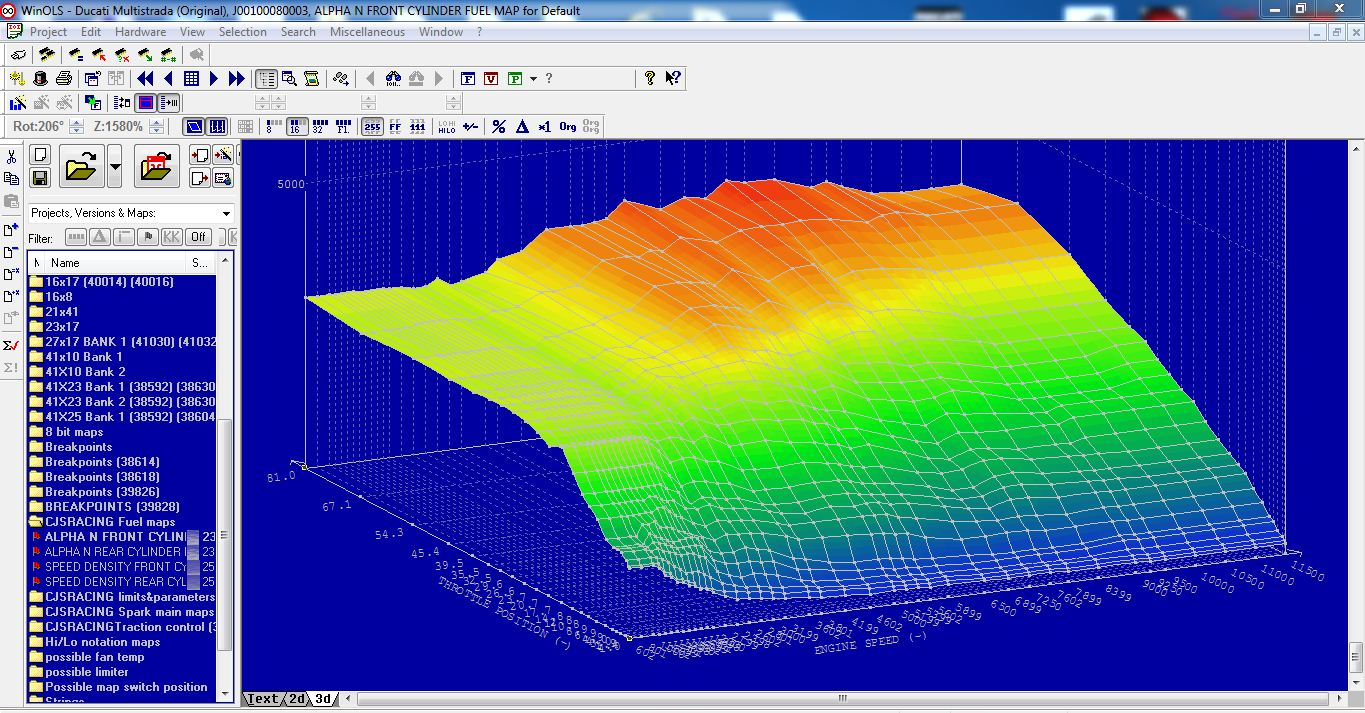
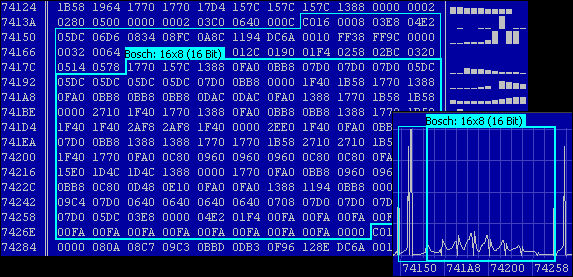
Other Map Modifcations (Stage 1)
We use WINOLS to modify nearly all the tunes we develop. We've been using WINOLS since around 2004 probably longer than anyone else in Wales. WINOLS is probably the best software tool available today to modify the contents of factory engine ECUs.
Lots of other map files within the overall map will also need tweaking to work with the changes made such as throttle position, throttle body adjustment and modification of the torque limiters. There’s a lot that goes on behind the scenes to create a well adjusted and balanced tuning file for your diesel vehicle.
For a completely factory standard vehicle we create a Stage 1 remap designed to complement the original systems and work within a good safety margin for the operation of the emissions systems present.
For those eager to bypass or remove the diesel emissions systems (DPF / EGR Valve), we create a Stage 1+ remap designed to complement the original systems and work within a good safety margin.
If you’re interested in really improving your diesel performance with some proper modifications, we can create a Stage 2 remap to tune the car within its new parameters. Examples of the most
Petrol Vehicle Tuning
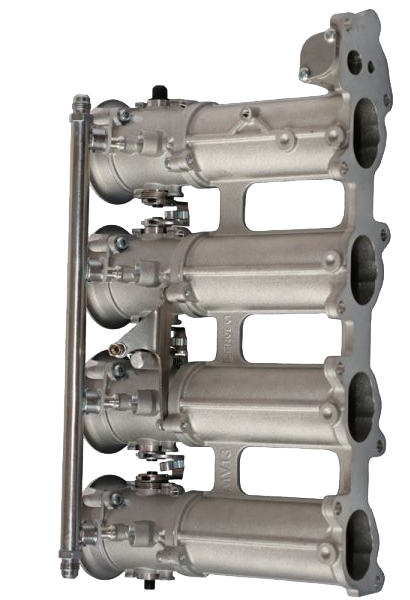
Petrol Engines. The Basics
Petrol vehicles can be either naturally aspirated, turbocharged or supercharged. Unlike diesel engines they rely on a spark to ignite the combustion, as such the ignition timing is crucially important to the performance of the engine.
The air/fuel mixture takes time to burn, if the mixture is ignited at the correct point in the cycle maximum pressure will be achieved shortly after the piston reaches top dead centre to create the maximum force to push the piston down the cylinder, maximising the power production of the engine.
The manufacturer settings will be specified by the number of degrees prior to top dead centre that ignition should occur. When this is modified for tuning purposes, advancing the timing would indicate making it happen earlier than the original setting, whereas retarding the timing would make it later than the original setting. A common error is to over advance the ignition causing pinking / pinging, at low rpm this results in loss of power and unburned fuel.
A more serious mistake is to completly get the timing wrong or seriously over advance the timing in which case you get expect pre igntion, do that at high RPM and expect to buy a new engine.
What is needed to tune a Natrually Aspirated Petrol Engine?
The best way to set the ignition timing is using the dynamometer where the engine can be held at a steady speed and load whilst the adjustments are made to optimise the power output. The timing can be slowly advanced until peak torque is reached.
On naturally aspirated engines this is easily attainable, however turbocharged or supercharged engines cannot reach peak torque without detonation so in these cases the timing has to be retarded to account for "knock limit". As ignition is varied, fuel quantity needs to be adjusted.
The stoichiometric ratio for burning the fuel completely is deemed 15:1 (15g air : 1g fuel) however generally most run with the fuel richer than this. Using a data logger and the air/fuel gauge with the dynamometer allows for accurate set up.
There are limitations to what can be achieved with a naturally aspirated engine unless you invest in stage two upgrades which we've listed a few of below:-
Common Natrually Aspirated Petrol Engine Upgrades
- Improved Air Filter
- Better Exhaust Flow (not too much though)
- Throttle Body Upgrade
- Tuned Exhaust Header
- NOS Injection
- Porting
- Forced Induction Conversion
What is needed to tune a Forced Induction (Turbo or Supercharger) Petrol Engine?
Petrol forced induction comes in the form of turbochargers or superchargers.
With petrol engines, adding a turbo is to increase the pressure in the combustion chamber so they tend to be smaller than diesel ones and run at much higher RPM giving a higher boost without much increase in airflow. Petrol turbos also spool up quicker to operate at a much wider range of RPM.
Superchargers use a compressor that works from low rpm giving a good reaction as soon as the accelerator is pressed (turbochargers use exhaust gas flow so there is a delay). It is common for the supercharger to be driven by a belt and pulley on the engine crankshaft.
Supercharged engines are less popular with manufacturers and therefore less common than turbocharged engines but they actually achieve significant improvements in power and torque with tuning. Our highly developed remaps for the Mini and Range Rover supercharged engines are very popular.
Common Forced Induction Petrol Engine Upgrades
- Improved Air Filter
- Better Exhaust Flow (not too much though)
- Throttle Body Upgrade
- Larger Turbo or Hybrid Turbo
- Supercharer Pulley Upgrade
- Larger/Better Intercooler
- Water / Meth Injection
- NOS Injection
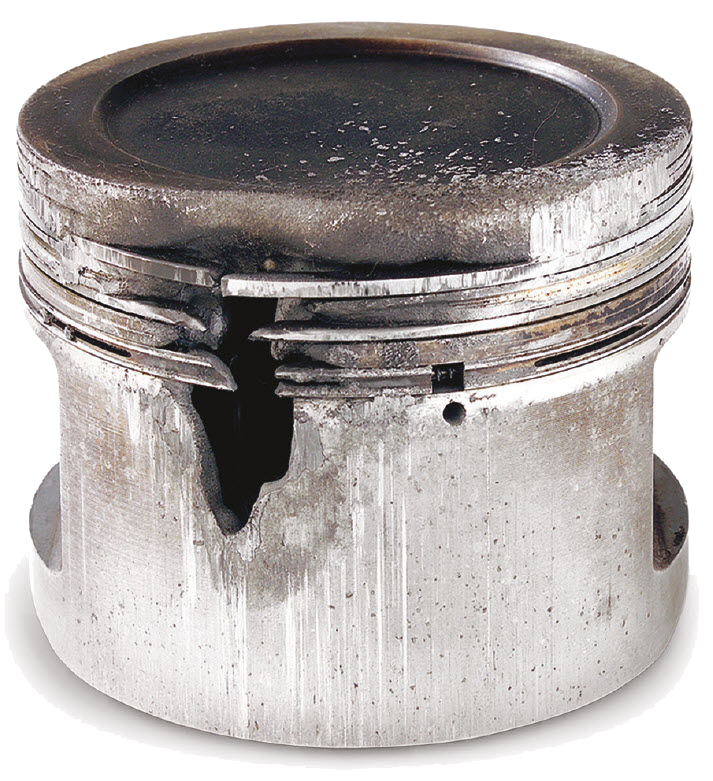
The Dangerous of a Mobile Remap or Non Dyno Map
There is no error of margin with a petrol engine. If you have a petrol engine, even if you don't use Llandow Tuning at least go to another dyno operator and get them to tune it. You use a mobile tuner at your own risk, you have been wanred!
Lean Air/Fuel Mixture
Expect a melted valve, melted or cracked head or mealted piston. If the mixture is wrong and too lean the temperate within the engine will be so great that it will simply melt
Incorrect Advance
It is one thing to advance the timing, or variable valve timing to get a little more power. But unless you can monitor knock you are simply taking a chance as to whether you are going to damage the engine. This is the whole point of a rolling road.
High Inlet Temp
As with a diesel, expect uncontroled knock if the inlet temperate get too high. It is easy to overboost the turbo then run the inlet too hot.
Hybrid Vehicle Tuning
Diesel Hybrid Tuning
Petrol Hybrid Tuning
Electric Vehicle Tuning
Like anything a fully electric is still a machine. The fact it is powered by an electric motor and a battery doesn't change the fact that an Electric vehicle can be modified to perform differently.
When the owners of Electric cars change from just the Virtual Signalling Tesla owners Llandow Tuning expects to be able to offer a range of Electric Tuning options.
Gearbox Tuning
Llandow Tuning provides a complete range of Gearbox tuning solutions which can be found in its own dedicated section
- DSG Gearbox Tuning
- DCT Gearbox Tuning
- ZF5 Gearbox Tuning
- ZF6 Gearbox Tuning
- ZF8 Gearbox Tuning
Standalone Tuning
Llandow Tuning can supply, install and configure a wide range of Stand Alone ECUs
Standalone ECUs enable full control over an Engine be it Petrol, GDI or Diesel. But natrually the costs are initally higher. In the long run if you intend to make major modifcations to an engine it will require a standalone
Llandow Tuning Charges £450 per half day tuning session. Typically tuning requires a complete day. Half a day is normal for spark/ignition only control units. Should the development of a map take longer, we price cap ourseleves to a single day. This is obviously limited only to the tuning element, not wiring, testing sensors and the like.
Should your Standalone ECU already be fitted, naturally it is your responsibily to ensure the sensors etc are all in tolerance.
If we are modifying someone else work, quite often after a few hours of development it may turn out to be more cost effective to start again rather than adjust something that is simply wrong. This is your call though.
Where possible tuning is mainaly done in our dyno cell, where this isn't possible with your vehicle, whather it be AWD, be too large or have a power rating unsupported we are still able to assist using our on-road dyno which enables us to do everything on the road.
We have experience in tuning:
- Link ECUs (We are an authorised dealer/tuner)
- OMEX/OMEC Ecus
- ME / Motorsport Developments
- Haltech
- Emerald
- Megasquirt ECUs
- AEM Piggyback / FIC ECUs
- ECUMaster
- DTA Fast
- MoTeC
- Bosch Motorsport
- Syvecs
Should you have a standalone ECU, even where the application is too big to get on to a dyno. We can still help.
Where possible every custom tune we create will be tested on several cold starts and will be tested in cruise on a private road. Even where a vehicle has been tuned on a chassis dyno I would still recommend also having at least a half day tuning session on the road using our on-road dyno to get real world driving right, i.e. not using too much fuel and not bogging down, this isn't always possible with chassis dyno only tuning
We recommend a AFR meter is visible in the car. As natrually unless you have the resources to use a windtunnel or weather conditions cannot be simulated. It is important that if the vehicle is tuned in the winter than the AFR is checked when its warm and vice verser. We are happy to do this for free with all tuning work. But it does depend on the weather.
Carb Tuning
We offer a comprehensive tuning service for all Carb based vehicles
If you've just installed a set of carb on your vehicle we can tune the carbs to you car.
We also suggest you start with a basic checkover, but this your call. Our tuning service is charged by half day at £450 per half day tuning session. Typically tuning requires a complete day. However in some cases where modifications need to be made to the carbs, the wrong carbs fitted or issues identified with the vehicle costs can rise.
Natrually when we tune a car it isn't just about the carbs, injectors, ignition, all the engine parts including the internal parts are all related. If the car is overheating then its going to need to be fixed. If the themorstat is stuck open, then its going to need to also be fixed. Common sense prevails. We're happy to give advice or if you leave the car with us we can undertake any work required.
We have experience in tuning nearly all makes of carbs. From Webers, to SUs and everything inbetween.
As with all our services we charge based on the time spent not on the result gained. If a carb or other part fitted to a car which we didn't specfiy, i.e. you brought it to us "as is" and we are unable to tune it due to what we determine to be limits of the carb, then you are free to take our advice about the next course of action or take the car away. The labour spent to that point is still chargable.
We make no claims that any carb we have not supplied can be tuned, , or in our opinion isn't right for the engine. We offer a free consultion service so should you be building a carb, come down for a chat PRIOR to ordering the parts. Its free advice on us.
Hodge Podge Tuning

So you've just bought a car and it needs tuning? Maybe you've fitted a kit you found online or from another car? Maybe you#ve through a load of parts together and you need help.
Our hodge podge tuning service is for you.
Natrually when we tune a car it isn't just about the carbs, injectors, ignition, all the engine parts including the internal parts are all related. If the car is overheating then its going to need to be fixed. If the themorstat is stuck open, then its going to need to also be fixed. Common sense prevails. We're happy to give advice or if you leave the car with us we can undertake any work required.
Billed per the half day at £450 we will attempt to tune or modify what you bring us to get it running. In most cases modifications and parts are needed.
As with all our services we charge based on the time spent not on the result gained. If a carb or other part fitted to a car which we didn't specfiy, i.e. you brought it to us "as is" and we are unable to tune it due to what we determine to be limits of the carb, then you are free to take our advice about the next course of action or take the car away. The labour spent to that point is still chargable.
We make no claims that any carb we have not supplied can be tuned, , or in our opinion isn't right for the engine. We offer a free consultion service so should you be building a carb, come down for a chat PRIOR to ordering the parts. Its free advice on us.
Tuning Basic Terms:-
- We bill for all time we spend on a car tuning it, not the result
- If in our opinion a part needs changing, replacing or is broke, its our opinion. We might be wrong, but its done with the best effort and intention.
- You are free to stop work on the job at any point. We will down tools but we make no guarantee about the running condition of the car at the point you cancel. If you cancel a job clearly its to the point you cancel. If the carb is disammesbled, then you will need to assemble it yourself and take the vehicle away ASAP. Any bill accumulated to this point is down to you.
- In most cases you can give us a budget and we will work to it, but this needs to be done in writing. If we have used the budget we will inform you before doing more work. In all other cases we will tune a vehicle and give you any feedback on problems we found in tuning it. Each hour we spend on your car is billable. Most tuning is done within a days tuning budget. But things change when you have complex setups, i.e. forced induction (turbos, superchargers, nos etc) or where you have a completly new setup with untested parts or especially where issues and problems are found.
- Everyone thinks their car is in tip top condition. It might be, it might not. If we find an issue we will attempt to rectify or at least get to the bottom of it, within the scope of a tuning session. I.e. If it overheats, we will not ignore it and cook the engine, we will try and find out why and fix it. Afterall the point of tuning a car is to make it drivable
- We should both agree what tuning means. It means in its simplest terms to make a car drivable and to peak power of whats available. As close or safe from the limit as specified by you.
- Damage to the engine. If it blows up, whilst we will try and ensure this doesn't happen, we accept no libaility unless we are the ones that rebuilt the engine and supplied all the parts. On the rolling road the car will be stressed, if something is going to give way it will be on the dyno.

